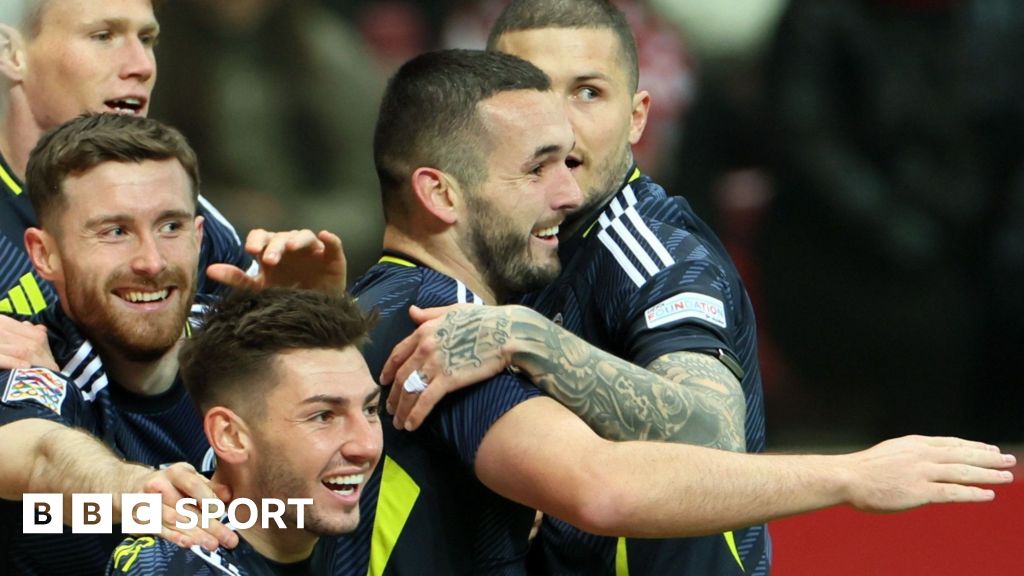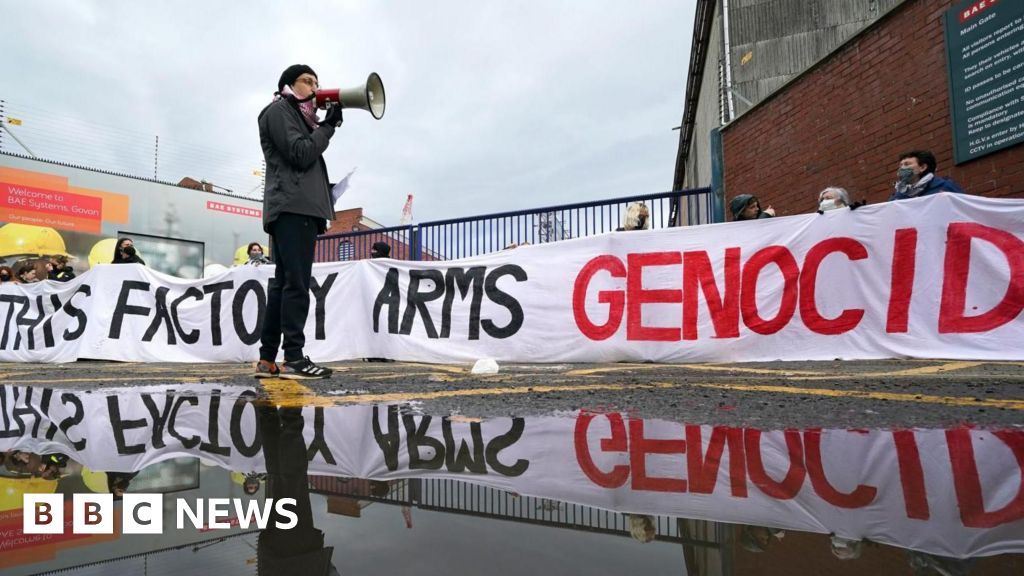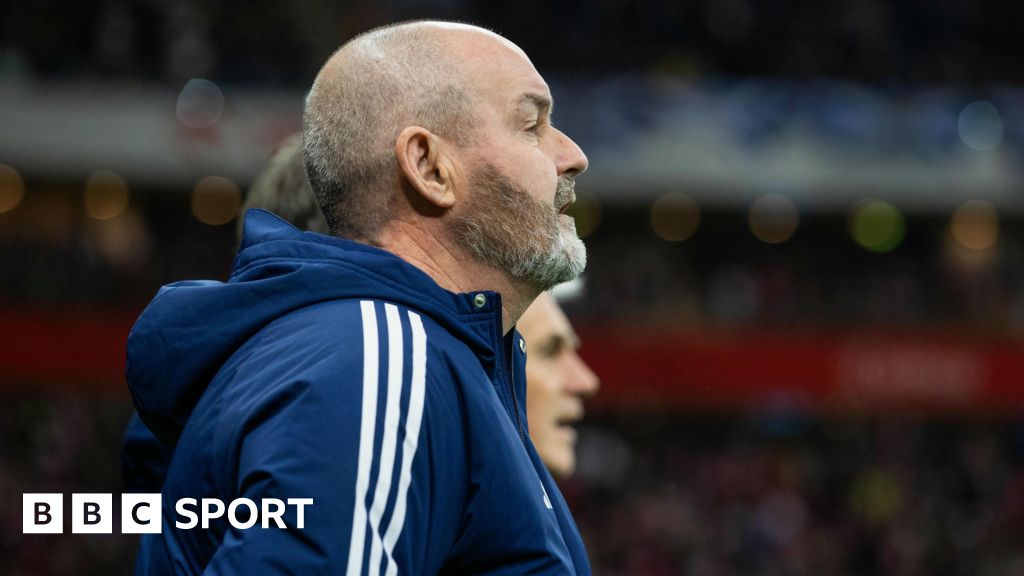Photo: The Canadian Press
Scotland’s First Minister Humza Yousaf speaks during First Minster’s Questions (FMQ’s) at the Scottish Parliament in Holyrood, Edinburgh, Thursday April 25, 2024. The Scottish National Party has ended its three-year power-sharing agreement with the much smaller Greens after tensions grew between the two pro-independence parties over climate change policies. Humza Yousaf, Scotland’s first minister, informed the Greens on Thursday he was terminating the agreement with immediate effect. (Lesley Martin/PA via AP)
Scotland’s leader cancelled a speech Friday as he fights for his political life in the wake of his decision to pull the plug on a three-year power-sharing agreement, a move that has exposed the government to peril.
First Minister Humza Yousaf of the Scottish National Party was due to deliver a major speech on Scotland’s independence from the U.K., but that has been cancelled following the furor surrounding his decision to tear up the power-sharing deal with the much smaller Greens on Thursday.
Without the support of the Greens, the SNP is two seats shy of a majority of lawmakers in the Scottish Parliament, meaning it can only get legislation and its budget through with the support of other parties. Although Scotland is part of the U.K., its government has widespread powers, including over health and education, as well as some limited powers over the raising of revenues.
On Friday, Scottish Labour, which is connected to the U.K.’s main opposition Labour Party, said it wants to lodgea vote of no confidence in the Scottish government next week.
If all opposition legislators, which now include the Greens, vote against the government, it could set off a chain of events that leads to early elections in Scotland, which are not due until 2026.
Ministers in the government would be required to resign immediately and the legislature in Edinburgh would then have 28 days to see if it can create a new government with majority support. If that isn’t possible, then early elections would be triggered.
“It’s a matter now of when, not if, Humza Yousaf will step down as first minister,” said Scottish Labour’s leader Anas Sarwar. “It would be untenable for the SNP to assume it can impose another unelected first minister on Scotland.”
Yousaf, who replaced long-time leader Nicola Sturgeon in March 2023, may need the vote of a former SNP lawmaker, Ash Regan, to survive. She has indicated that she would seek to extract a price from Yousaf in order to back him and the government in the no-confidence votes.
Of Parliament’s 129 seats, the SNP holds 63. Regan’s backing would result in the government having 64 votes at least. In the event of a tie, the chamber’s presiding officer — Scotland’s equivalent to the speaker — would be expected to vote in favor of the status quo.
It could well be that tight. The Greens, furious at their ejection from government, have already said they will vote against Yousaf himself, along with the other main opposition parties, including the Conservatives and Labour. It’s not clear yet whether they will vote against the government as a whole or whether they will abstain.
Relations between the SNP and the Greens, which both back Scotland’s independence from the U.K., soured recently following a clash over climate change policies.
The SNP, which has dominated Scottish politics since 2007 even though it lost 2014’s independence referendum, has been rocked by the news earlier this month that Sturgeon’s husband, Peter Murrell, has been charged with embezzlement in an investigation into the party’s finances.
Opinion polls are showing that the SNP, which has dominated politics in Scotland since 2007, is facing stiff opposition from the Labour Party as the U.K. general election draws nearer. The vote will take place sometime in the coming months.










